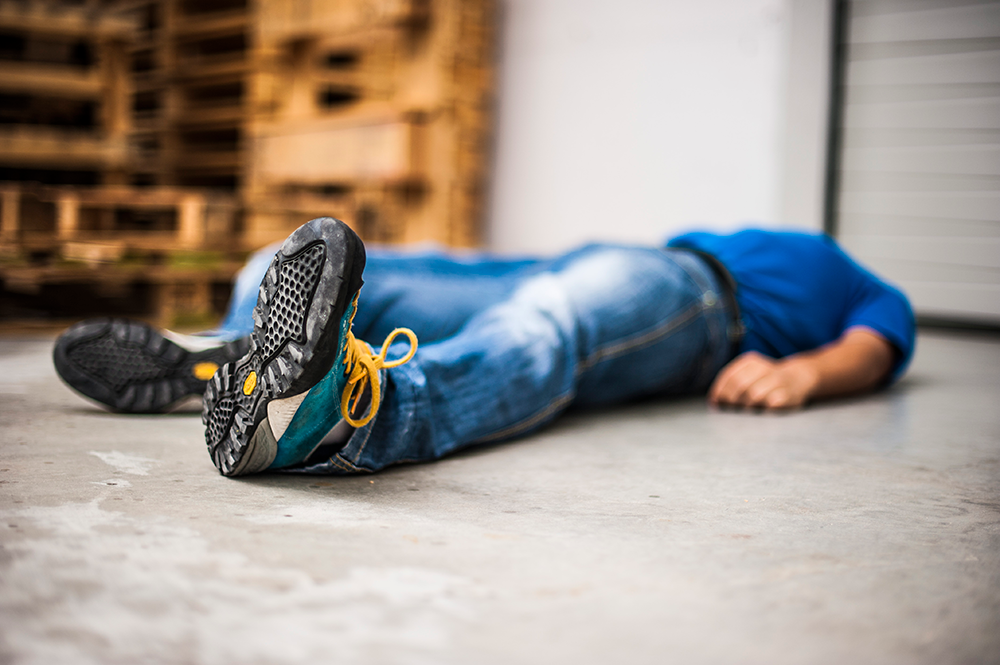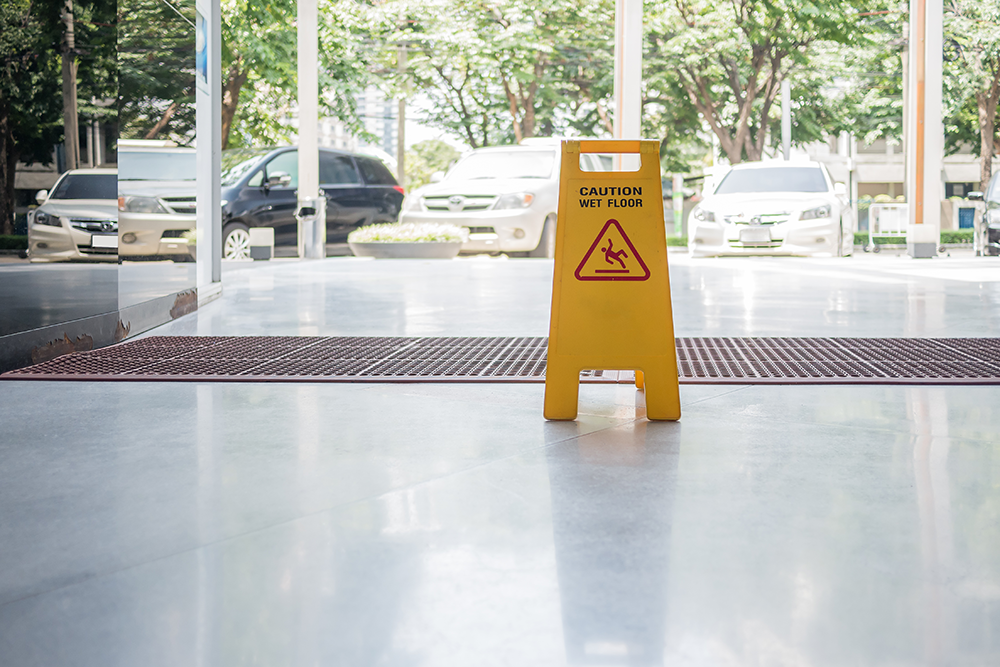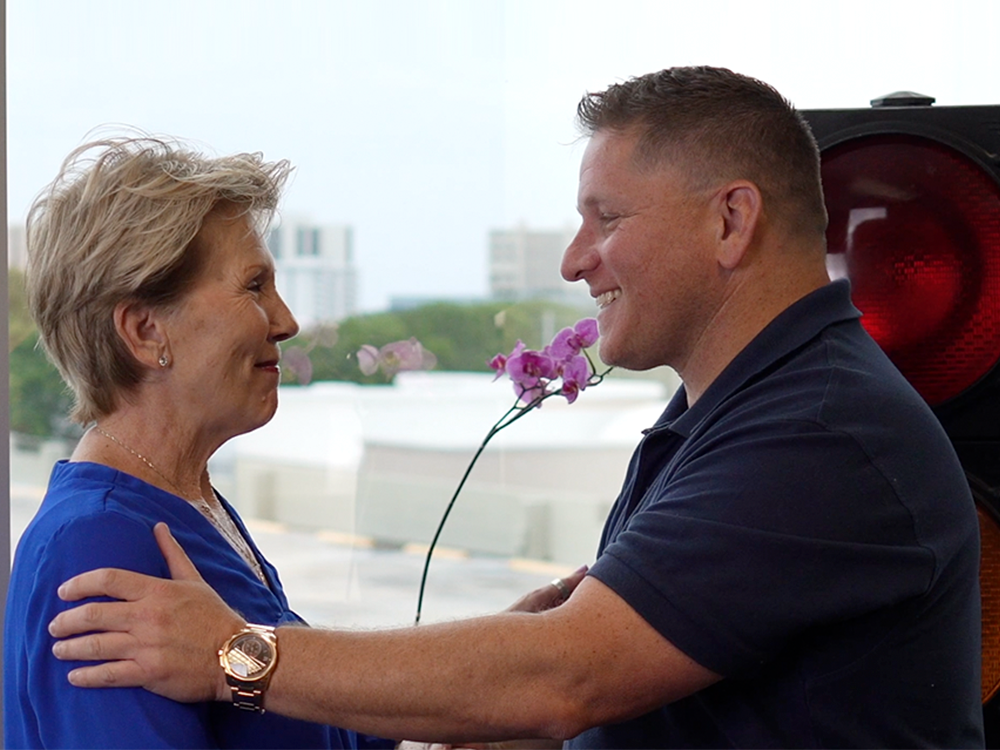
Florida is home to over 1.3 million swimming pools. This isn’t surprising, considering Florida has the ideal climate for swimming almost year-round. But, unfortunately, all these swimming pools mean that Florida is also home to countless swimming pool accidents each year.
Florida has the top drowning death rate in the U.S. for children under five. Unfortunately, drowning accidents are silent and can occur in just seconds. Along with drownings, other types of swimming pool injuries occur. If you or someone in your family is involved in this accident, it’s essential to know you have rights. It’s also a good idea to hire a swimming pool accident lawyer to ensure your rights are protected.
Keep reading to learn more about swimming pool accidents, your right, and the law.
Why Swimming Pool Accidents Happen
Many swimming pool accidents occur because of negligent or reckless behavior. In some situations, the person supervising was not paying attention to what was going on. This can happen in any pool – those at water parks, at a hotel, cruise ship, a friend’s house, or your own home.
In any situation, swimming pool accidents are typically considered negligence cases. This means to hold someone liable for the injuries that occur; you must prove:
- A duty of care was owed to the victim by the defendant
- The duty of care owed was breached
- The breach caused the injury
- Damages occurred
Pool owners and homeowners may be held responsible in these cases because the pool is considered their responsibility according to Florida law.
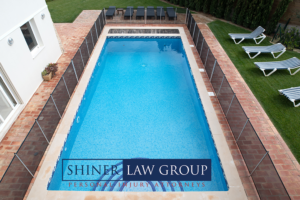
As a property owner in Florida, you are required to keep your home and premises in what is considered “reasonably safe conditions.” They should also provide a warning of any hazards or dangers present. If the home or pool owner fails to do this and injuries result from it, they may be considered liable for the harm that occurs.
Understanding Florida Law for Swimming Pool Accidents
The Residential Swimming Pool Safety Act or RSPSA must be followed in Florida. According to this law, property owners like you may be found negligent if they do not protect children or frail adults by adding a minimum of one of the listed safety features around or to your pool.
Under this law, those who are injured must prove negligence per se. This means that the homeowner’s negligence resulted in their injuries, not that they had a duty of care or breached it. So instead, the plaintiff only must show what happened.
Understanding Attractive Nuisance
Sometimes, the concept of “attractive nuisance” comes into play with swimming pool accidents.
This idea is that most children cannot understand or comprehend the risks that adults can. Instead, they think that fire is “pretty” or that swimming pools look “fun.” Because of this, additional steps must be taken to help deter children from getting to the pool without permission or supervision.
It’s necessary for you (as a pool owner) to take the proper steps to barricade the pool in some way to ensure unauthorized individuals (particularly children) cannot access them. According to the RSPSA, it means that any pool, hot tub, or spa on your property needs at least one of these safety elements:
- Alarm for windows and doors that provide direct access to the swimming pool
- Pool cover
- Pool entrance that is equipped with a self-closing and self-locking device
- Four-foot barrier around the entire pool
The Most Common Types of Injuries in Florida Swimming Pools
A near-drowning accident can have devastating consequences.
When submerged in water, the brain may be starved of oxygen. This can be caused by a child (or another person) not knowing how to swim or if the equipment used in the pool is faulty or malfunctions.
In this situation, the primary health concern is that the victim will suffer permanent brain damage. Unfortunately, however, this is not the only type of accident in Florida swimming pools.
Additional injuries may occur if a child is trapped in the drain and experiences injuries to their bowels or another body system. This, too, can have lifelong consequences.
Someone who dives into extremely shallow water may experience spinal cord or traumatic brain injuries. Unfortunately, these can result in permanent brain damage that impacts motor skills, language center, cognitive abilities, and other essential functions. Sometimes, the neurological function may also be affected, ranging from a person’s breathing ability to complete or partial paralysis.
Any type of disability that results from a near-drowning experience can be life-altering for the individual and their family. For someone with this type of injury, the medical costs can easily exceed $180K per year if long-term care is required. In addition, if the individual suffers brain damage, the costs can exceed $4.5 million for the individual’s lifetime.
The injuries that can occur due to swimming pool accidents are another reason that you should find and hire a swimming pool accident attorney if you are in this situation. They can help you hold the responsible party liable and ensure you receive a fair amount of compensation.
Statute of Limitations for Florida Swimming Pool Accidents
If someone is injured while they are swimming on someone else’s property, they have a total of four years from the date the accident occurred to file a lawsuit. However, if the injured party dies because of their injuries, their estate has just two years from the date of the accident to file a claim. Because of the limited amount of time you have to file a lawsuit after a Florida swimming pool accident, it is a good idea to speak to a swimming pool drowning lawyer as soon as you can.
Determining Liability for Cases Involving Swimming Pool Accidents
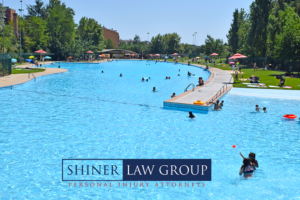
Owners of public and private swimming pools have an extensive legal burden. They aren’t automatically liable for the injuries on their premises; however, they must follow strict rules compared to other property owners.
Since a pool is considered a part of your property, it means that premises liability laws apply to any swimming pool injuries that occur. Based on premises liability law in Florida, three entrants have different duties of care. These include:
Invitee
If someone is an invitee, they are a patron of a public pool, and the owner owes them the highest duty of care. As mentioned above, pool owners are required by law to properly maintain and repair their swimming pools to help ensure invitees do not suffer injuries. For a public pool, the owner of the pool is required to:
- Post any warning related to potential pool hazards
- Provide proper supervision
- Post proper signage for the pool
- Provide sufficient emergency equipment
- Make sure the pool and nearby areas are maintained
Licensee
The licensee is a guest who comes on private property and was invited by the homeowner. The homeowner must warn all licensees of potential hazards that are not apparent to any reasonable individual. However, the level of liability for a private pool owner is not as high as what is given to owners of a public pool.
Trespasser
Trespassers refer to any individual who does not have permission to be in the pool or on the property. Because of this, the pool owner does not owe this person any duty of care. However, this isn’t the case for children.
Establishing liability in private pool settings requires the victim to show that the risk of an injury wasn’t an obvious hazard. Also, the injuries didn’t result from the negligent behavior of the victim.
FAQs About Swimming Pool Accidents and Lawsuits in Florida
If you are dealing with the possibility of a swimming pool lawsuit after an accident, you likely have questions. Some of the most common questions asked are answered here.
Do you need an attorney to represent your case?
Florida laws related to accidents and injuries in or around swimming pools are complex and continually changing. When you or someone in your family is injured, you should focus on recovery. Also, you probably don’t have the legal experience or expertise to negotiate with insurance companies or build a solid case.
While you are not required to hire an attorney for your case, you are more likely to receive a fair amount of compensation if you do.
How much can you receive in a settlement?
It’s not possible to provide even a general estimate of how much you can receive in your settlement without considering the details of your situation. The amount you receive is a direct result of the facts of your case and the lawyer you hire. It will also be impacted by the injuries and circumstances surrounding the accident.
Most personal injury settlements remain confidential, as well. What this means is if you don’t consult with an attorney, it will be impossible to figure out how much you can receive. While this is true, most attorneys who represent these cases will give potential clients a free consultation to discuss their case.
How long will your lawsuit take?
Another question that many people have is how long their case will take to resolve. Unfortunately, this is another question that is difficult to answer without talking to an attorney about the details of your case. Several factors may impact how long it takes to resolve your case.
If you decide to settle with the insurance company, your case may only take a few weeks or months to finish. However, negotiations often take longer than this. If your case winds up going to trial, it can take months or even years to resolve fully. It’s a good idea to discuss this and your expectations with the attorney you hire. This will help you understand how long you may have to wait to receive your deserved compensation.
Do you have to go to court?
In most cases, swimming pool accident cases will settle without court. This is because it is faster and more affordable for all parties involved. However, the insurance company may not agree to a fair settlement amount in some situations. Therefore, the only option may be to go to court to have the case settled in this case.
Let Our Florida Swimming Pool Accident Attorneys Help with Your Case
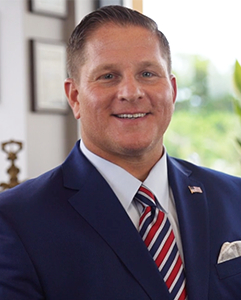
If you are involved in a swimming pool accident case, our attorneys can provide you with quality representation to help you get the compensation you deserve. Contact us today to schedule your free consultation to get started. We can help you with the case and ensure your rights are protected every step of the way.
